Basically, dates have many benefits but Medjool exclusively is used in pregnancy since it has amazing advantages that you’ve never heard of them. If you’re pregnant and looking for a sweet snack that’s also healthy, dates are a great option. If we’re being totally honest, you probably haven’t given this dried fruit much thought. But many individuals are unaware of the fact that eating a few Medjool dates is actually healthy. An examination of various benefits of eating Medjool dates while pregnant, as well as potential effects on labor and delivery. A lot of health advantages are linked to eating Medjool dates when pregnant. It’s conceivable for you to experience periods of euphoria followed by periods of exhaustion where you lack mental clarity. (Thanks for playing along, brain fog during pregnancy.) However, you will feel better both physically and mentally the more vitamins and nutrients you consume. The date palm tree, which is itself a blooming plant, produces Medjool dates, a type of fruit. Most people agree that Medjool dates are among the sweetest fruits. But since it is completely natural sugar, completely natural sugar. Try eating some of this dried fruit if you want to satisfy your sweet tooth in a way that can be better for your health overall than eating ice cream. Medjool dates, a fantastic natural source of fructose, may also give you the energy you need to fight the fatigue that comes with pregnancy. It’s a win-win circumstance. 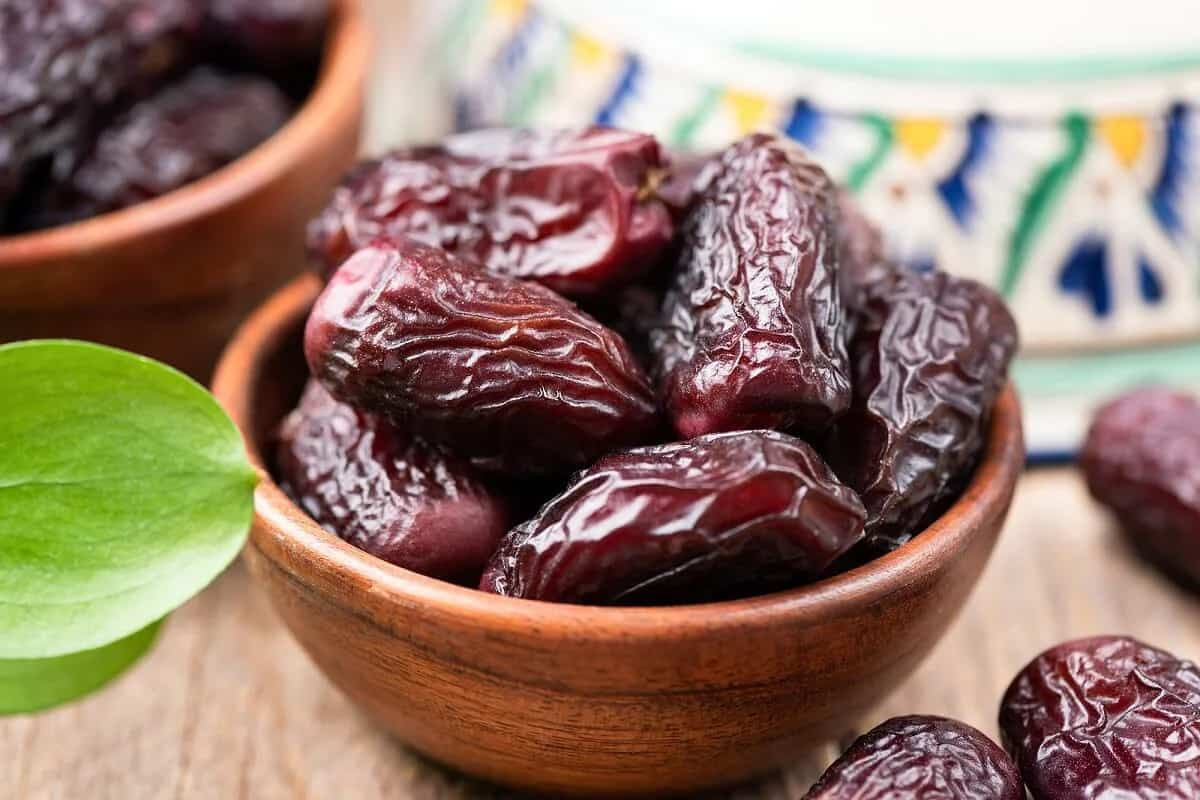 These are not the only nutritional advantages you will experience, though. Medjool dates are a great source of fiber, which supports a healthy, functional digestive system. As a result, you will be less likely to get constipation as a result of your pregnancy. Medjool dates are a great source of folate, which has been demonstrated to reduce the risk of a few birth defects. Additionally, they contain iron and vitamin K. You can have more energy and prevent the onset of iron deficiency anemia by increasing the quantity of iron in your diet. Additionally, vitamin K can enhance the functionality of your muscles and nerves as well as help infants who are still growing establish healthy bones. Medjool dates are a great source of potassium, an electrolyte mineral that helps to keep blood vessels relaxed and blood pressure levels at a healthy range. Medjool dates are not only healthy, but they are also okay to eat when pregnant. No evidence exists to support the idea that consuming Medjool dates during the first, second, or third trimester of pregnancy could be hazardous to the unborn child. Contrary to popular belief, eating Medjool dates can actually improve your health and make you feel better, especially if you’ve been experiencing low energy or constipation. Due to their high fiber content, Medjool dates aid in regulating bowel motions. Due to the prevalent notion that eating Medjool dates may make labor easier, some people may try Medjool dates for the first time while they are pregnant. Due to the extremely minimal likelihood of having an allergic reaction to Medjool dates, one precaution to take is to do so.
These are not the only nutritional advantages you will experience, though. Medjool dates are a great source of fiber, which supports a healthy, functional digestive system. As a result, you will be less likely to get constipation as a result of your pregnancy. Medjool dates are a great source of folate, which has been demonstrated to reduce the risk of a few birth defects. Additionally, they contain iron and vitamin K. You can have more energy and prevent the onset of iron deficiency anemia by increasing the quantity of iron in your diet. Additionally, vitamin K can enhance the functionality of your muscles and nerves as well as help infants who are still growing establish healthy bones. Medjool dates are a great source of potassium, an electrolyte mineral that helps to keep blood vessels relaxed and blood pressure levels at a healthy range. Medjool dates are not only healthy, but they are also okay to eat when pregnant. No evidence exists to support the idea that consuming Medjool dates during the first, second, or third trimester of pregnancy could be hazardous to the unborn child. Contrary to popular belief, eating Medjool dates can actually improve your health and make you feel better, especially if you’ve been experiencing low energy or constipation. Due to their high fiber content, Medjool dates aid in regulating bowel motions. Due to the prevalent notion that eating Medjool dates may make labor easier, some people may try Medjool dates for the first time while they are pregnant. Due to the extremely minimal likelihood of having an allergic reaction to Medjool dates, one precaution to take is to do so. 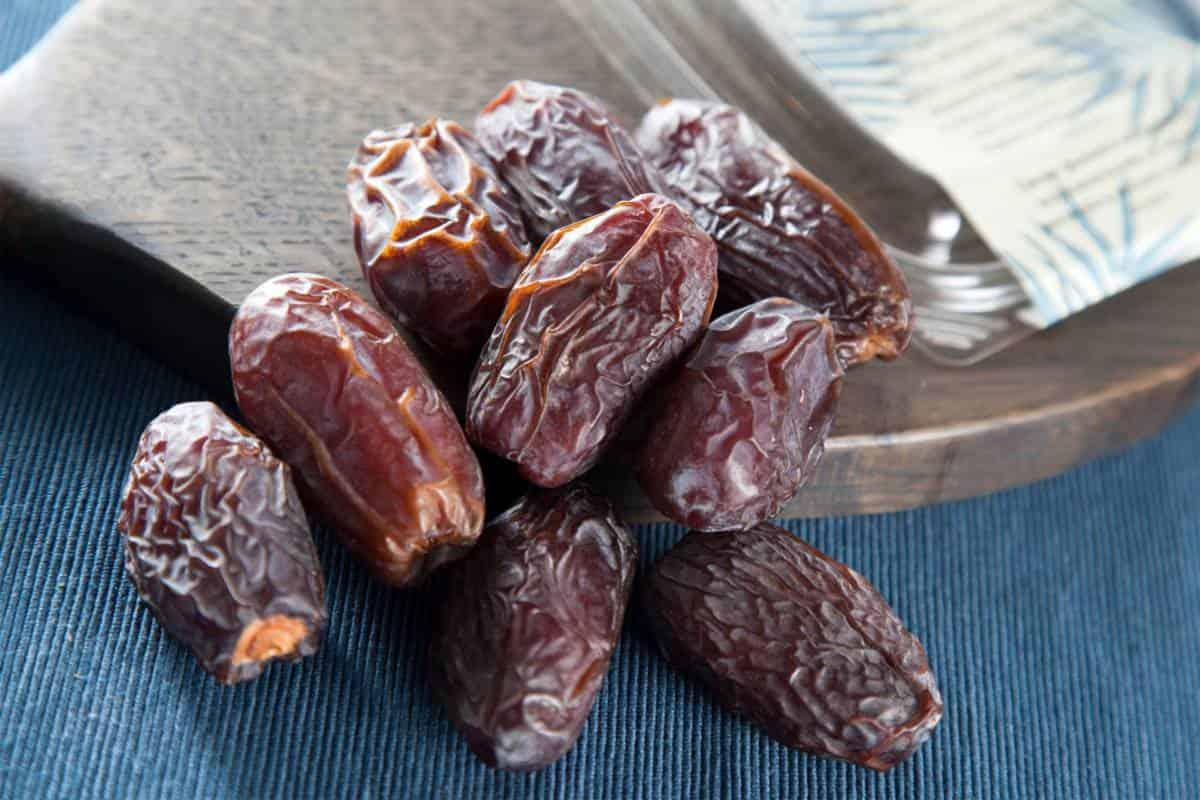 Your mouth or tongue may feel tingly, itchy, or swollen, which are all signs that an allergic reaction has occurred. If any of these signs appear, stop eating Medjool dates right away. Remember that Medjool dates are high in calories and carbohydrates as well, so if your OB has advised you to watch your blood sugar levels or calorie intake, you shouldn’t eat too many Medjool dates. Limit your intake of Medjool dates to six per day. Medjool dates are not regarded as basic food in the United States because the date palm tree is native to the Middle East, although Medjool dates have long been regarded as a staple food in that region of the world. People have long held the belief that Medjool dates had health advantages. Another of Medjool dates’ purported advantages is that they can supposedly enhance labor. It may sound like an old urban (or more precisely, an ancient) myth that eating this dried fruit can make labor more enjoyable, but experts say there is some proof for this claim. Depending on how many Medjool dates you eat while you are pregnant, your delivery may start without the need for medical assistance because it is thought that Medjool dates increase the natural induction of labor. The results of a 2011 study (Reliable Source) had researchers asking 69 pregnant women to eat six Medjool dates per day for the final four weeks before their anticipated delivery Medjool dates. In addition, 45 pregnant participants in the study decided not to eat any Medjool dates in the weeks before giving birth.
Your mouth or tongue may feel tingly, itchy, or swollen, which are all signs that an allergic reaction has occurred. If any of these signs appear, stop eating Medjool dates right away. Remember that Medjool dates are high in calories and carbohydrates as well, so if your OB has advised you to watch your blood sugar levels or calorie intake, you shouldn’t eat too many Medjool dates. Limit your intake of Medjool dates to six per day. Medjool dates are not regarded as basic food in the United States because the date palm tree is native to the Middle East, although Medjool dates have long been regarded as a staple food in that region of the world. People have long held the belief that Medjool dates had health advantages. Another of Medjool dates’ purported advantages is that they can supposedly enhance labor. It may sound like an old urban (or more precisely, an ancient) myth that eating this dried fruit can make labor more enjoyable, but experts say there is some proof for this claim. Depending on how many Medjool dates you eat while you are pregnant, your delivery may start without the need for medical assistance because it is thought that Medjool dates increase the natural induction of labor. The results of a 2011 study (Reliable Source) had researchers asking 69 pregnant women to eat six Medjool dates per day for the final four weeks before their anticipated delivery Medjool dates. In addition, 45 pregnant participants in the study decided not to eat any Medjool dates in the weeks before giving birth.  At the conclusion of the study, the researchers found that the women who consumed six Medjool dates per day for four weeks had shorter first stages of labor, higher mean cervical dilatation, and more of their membranes were still in place when they went to the hospital. (Or, to put it another way, their cervix was better ready for giving birth.) In addition, 96 percent of the women who consumed Medjool dates experienced spontaneous labor, compared to only 79 percent of the women who did not. In a more recent study, 154 pregnant women were divided into two groups based on whether they consumed Medjool dates toward the end of their pregnancies or not. Researchers found that compared to women who did not ingest any Medjool dates, those who did had a significantly decreased need for medical intervention to induce or expedite labor. This was a significant discovery for the researchers. The results of this research suggest that eating Medjool dates may reduce the risk that a woman may need medical help to induce labor. To confirm that it will be beneficial to all women, more study is needed. (However, it wouldn’t be a bad idea to munch on a couple of them every day up to your due date!) The only dried fruit you can eat while pregnant is Medjool dates, although there are other varieties as well. Fruit’s general healthfulness is influenced by its vitamin content, fiber content, and other nutrients. Additionally, it is full and might help you maintain long-lasting satisfaction.
At the conclusion of the study, the researchers found that the women who consumed six Medjool dates per day for four weeks had shorter first stages of labor, higher mean cervical dilatation, and more of their membranes were still in place when they went to the hospital. (Or, to put it another way, their cervix was better ready for giving birth.) In addition, 96 percent of the women who consumed Medjool dates experienced spontaneous labor, compared to only 79 percent of the women who did not. In a more recent study, 154 pregnant women were divided into two groups based on whether they consumed Medjool dates toward the end of their pregnancies or not. Researchers found that compared to women who did not ingest any Medjool dates, those who did had a significantly decreased need for medical intervention to induce or expedite labor. This was a significant discovery for the researchers. The results of this research suggest that eating Medjool dates may reduce the risk that a woman may need medical help to induce labor. To confirm that it will be beneficial to all women, more study is needed. (However, it wouldn’t be a bad idea to munch on a couple of them every day up to your due date!) The only dried fruit you can eat while pregnant is Medjool dates, although there are other varieties as well. Fruit’s general healthfulness is influenced by its vitamin content, fiber content, and other nutrients. Additionally, it is full and might help you maintain long-lasting satisfaction. However, occasionally and in moderation, it is necessary to eat dried fruits. Fruits that have been dried have less water content than fresh fruits because of this (yes, we are aware that this is rather evident). Additionally, due to the fact that they have been dried, these fruits often have more calories and sugar than their non-dried counterparts. You won’t get the same nutritional advantages from eating the same amount of fresh fruit as you would from your favored dried fruit. The best amount of dried fruit to eat is between a half cup and a cup if you want to reduce the amount of sugar you eat daily. Dried fruit can be eaten on its own, added to smoothies, or used as a garnish on salads or side dishes. A healthy pregnancy depends on eating a nourishing and well-balanced diet that may include a lot of fresh and dried fruits. Because they include a significant amount of fiber in addition to a range of other nutrients and vitamins, Medjool dates are a fantastic choice. If the research’s conclusions are to be believed, eating Medjool dates while pregnant may enhance the possibility that your labor will start on its own, without the need for medication.
However, occasionally and in moderation, it is necessary to eat dried fruits. Fruits that have been dried have less water content than fresh fruits because of this (yes, we are aware that this is rather evident). Additionally, due to the fact that they have been dried, these fruits often have more calories and sugar than their non-dried counterparts. You won’t get the same nutritional advantages from eating the same amount of fresh fruit as you would from your favored dried fruit. The best amount of dried fruit to eat is between a half cup and a cup if you want to reduce the amount of sugar you eat daily. Dried fruit can be eaten on its own, added to smoothies, or used as a garnish on salads or side dishes. A healthy pregnancy depends on eating a nourishing and well-balanced diet that may include a lot of fresh and dried fruits. Because they include a significant amount of fiber in addition to a range of other nutrients and vitamins, Medjool dates are a fantastic choice. If the research’s conclusions are to be believed, eating Medjool dates while pregnant may enhance the possibility that your labor will start on its own, without the need for medication.

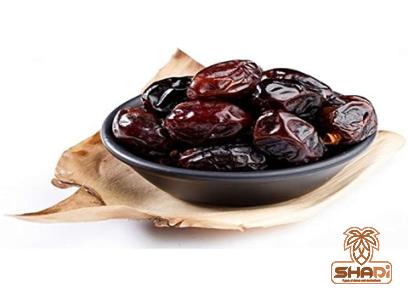
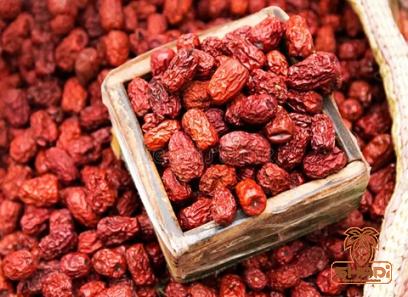

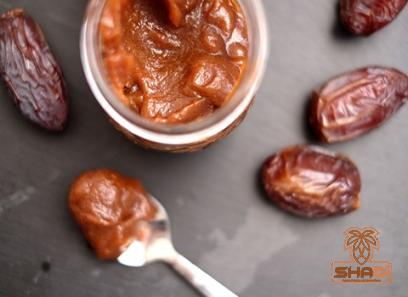
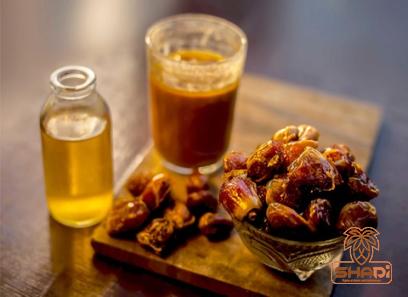



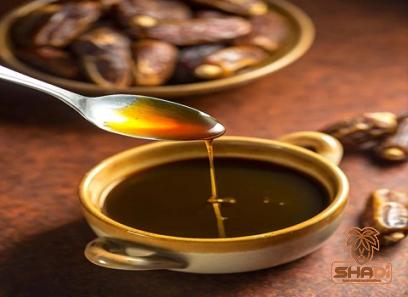
Your comment submitted.